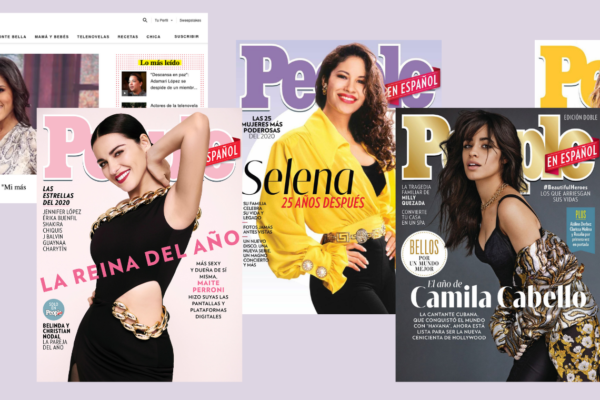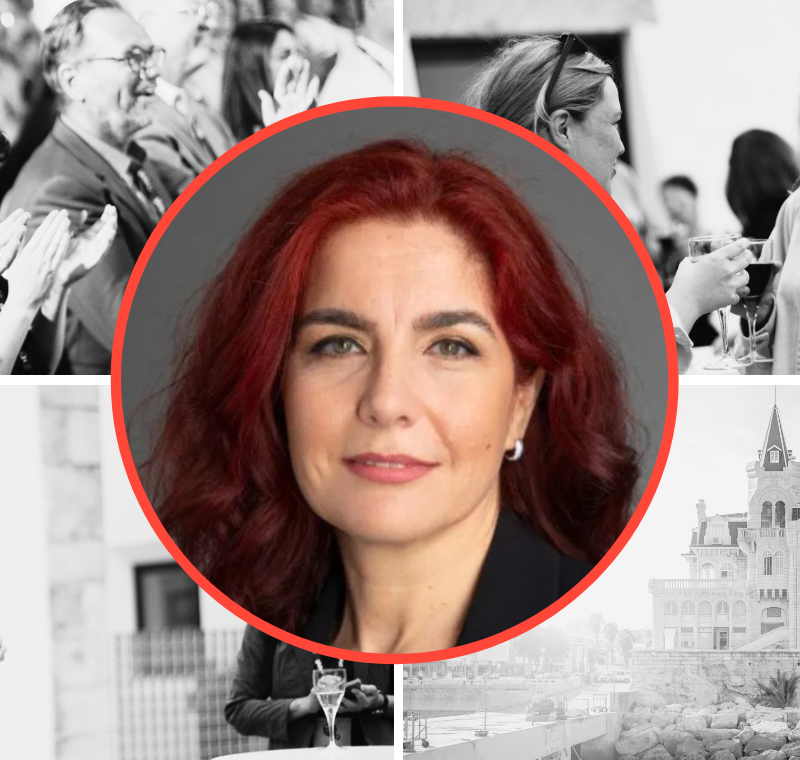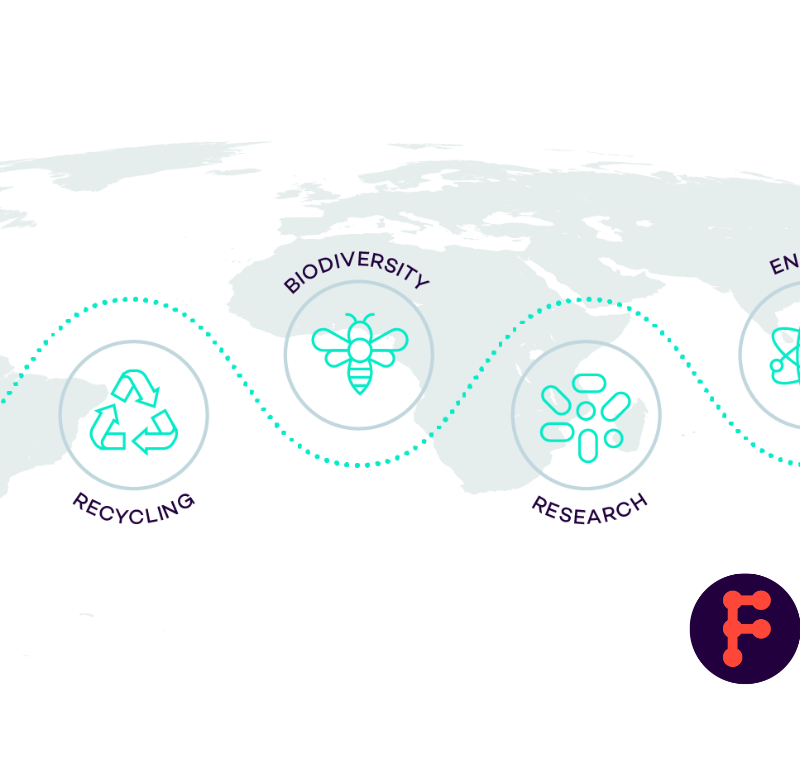The Mr. Magazine™ Interview: Monique Manso, Publisher and Armando Correa, EIC, People en Español
People en Español has been a defining force in the Hispanic magazine market since its inception in 1996. The Spanish-language American magazine published by Meredith Corporation covers the general world of entertainment, articles on fashion and beauty, and human interest stories. And as Editor-in-Chief Armando Correa says they do it with truth and passion, “Our audience knows that when they go to People en Español everything is true. Everything is confirmed.”
I spoke with Armando and Publisher Monique Manso recently and we talked about this force to be reckoned with, its diversity and inclusive nature, and its passion for celebrities and great covers. And while the magazine is totally and successfully integrated, Monique says that when it comes to their phenomenal celebrity exclusives, “It’s the print piece that makes them want to give that exclusive.”
Indeed. The magazine cover has and always will be a defining force all on its own. And in the case of People en Español, it’s a very intriguing and eye-catching force.
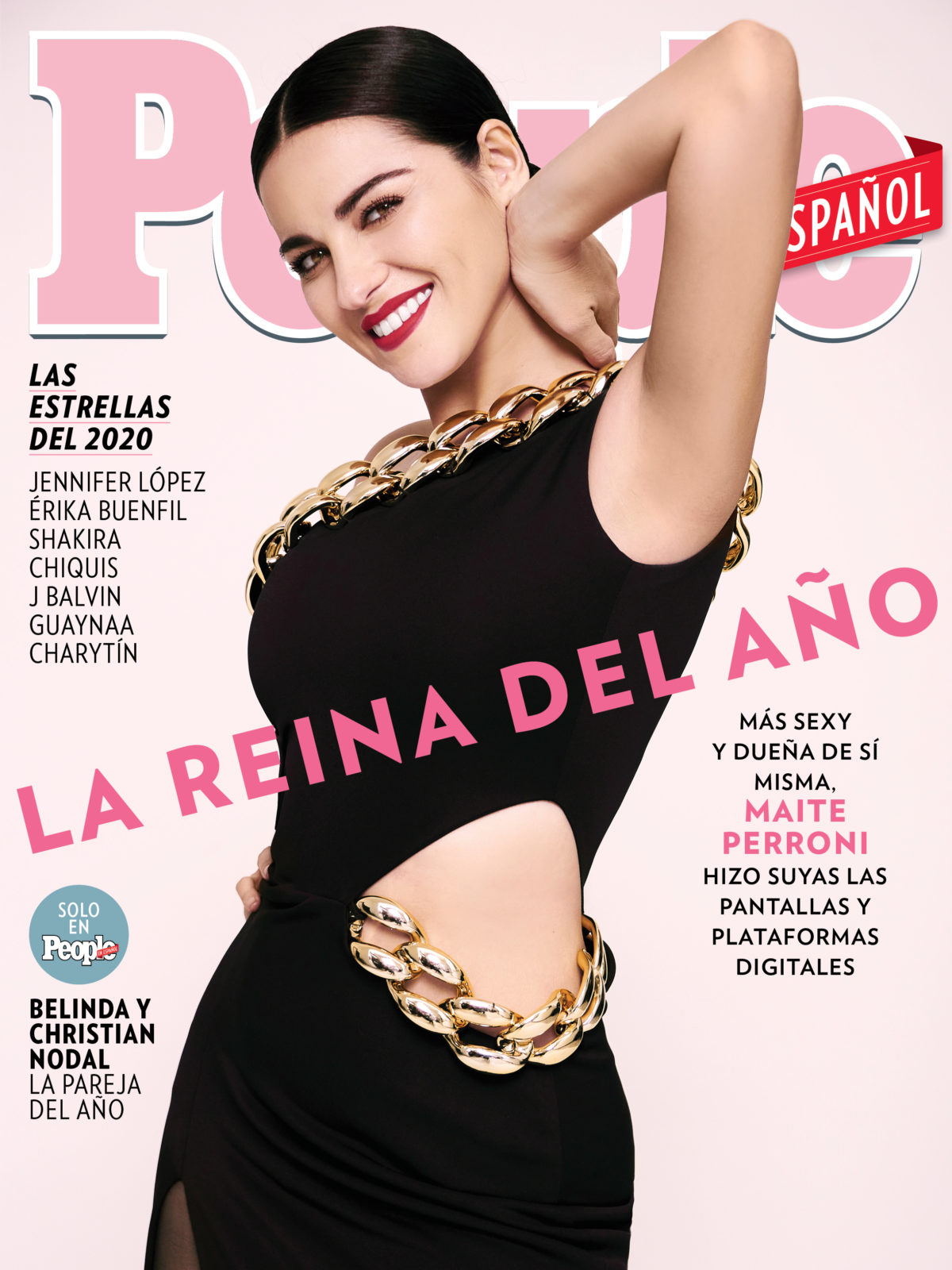
So, please enjoy the Mr. Magazine™ interview with Monique Manso, publisher & Armando Correa, editor in chief, People en Español.
But first the sound-bites:
On the secret of People en Español’s 24-year success (Armando Correa): I think first of all it’s trust. Our audience knows that when they go to People en Español everything is true. Everything is confirmed. The next thing is the emotional connection that we have with our audience. That’s a key thing. And when I talk to the editors and the writers who have been with the magazine since the beginning, this is a long run that we are still here. We create great relationships with the celebrities and the audience.
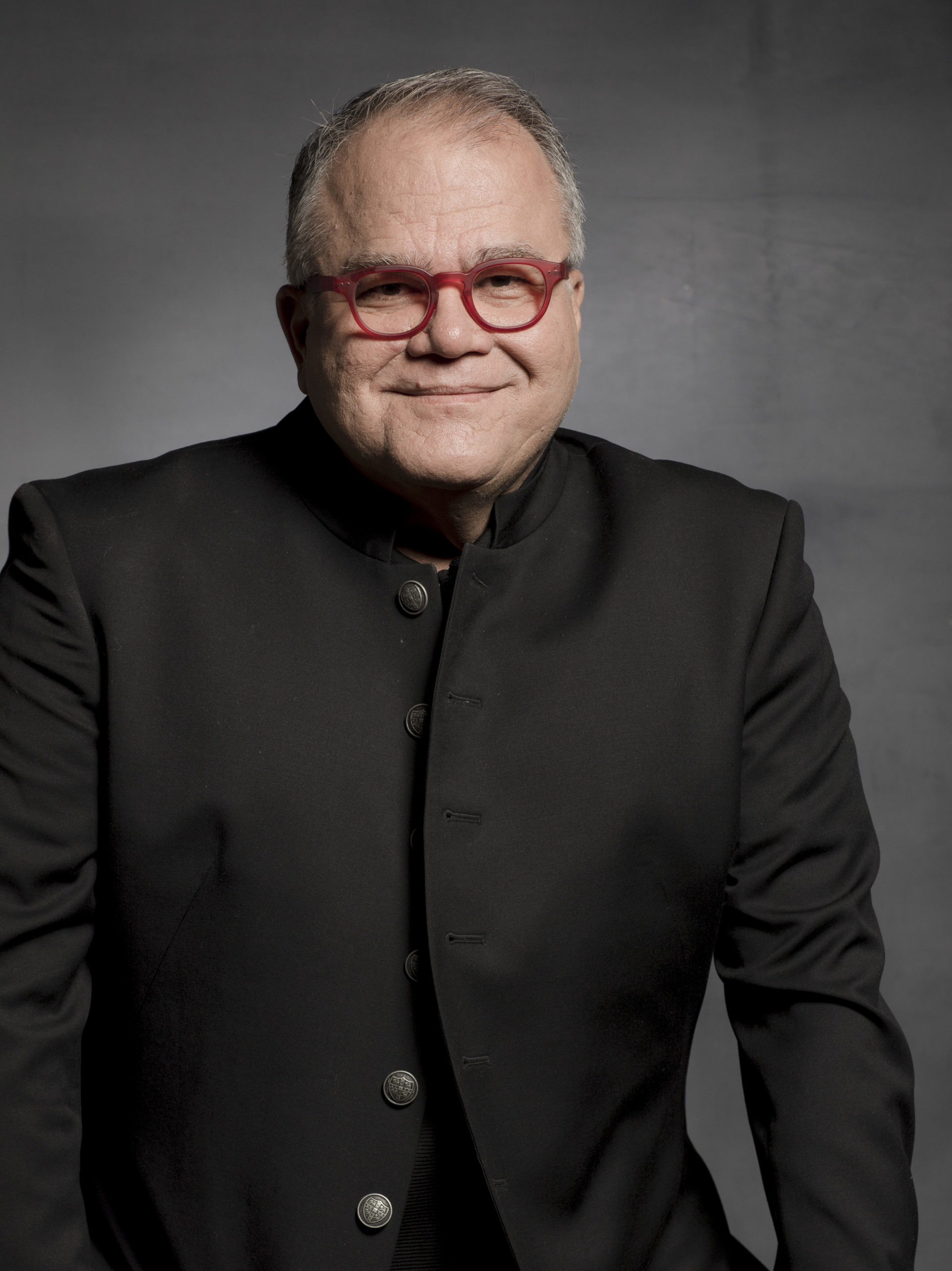
On diversity and inclusion with the People en Español brand (Monique Manso): It hasn’t always been easy to continue to reinforce with all of our management and our corporate groups in our previous life as Time Inc., it hasn’t always been easy to continue to educate them on the need for this in-language project and to explain to them what we call the “Browning” of America. And how we needed to be ahead of it and that this brand is one way to do that. It’s been an uphill battle for us. But I can happily say, and I think Armando will agree with me, that so much of that has changed with our acquisition by Meredith. We now work with a team that truly does understand and walked through the door embracing multicultural brands.
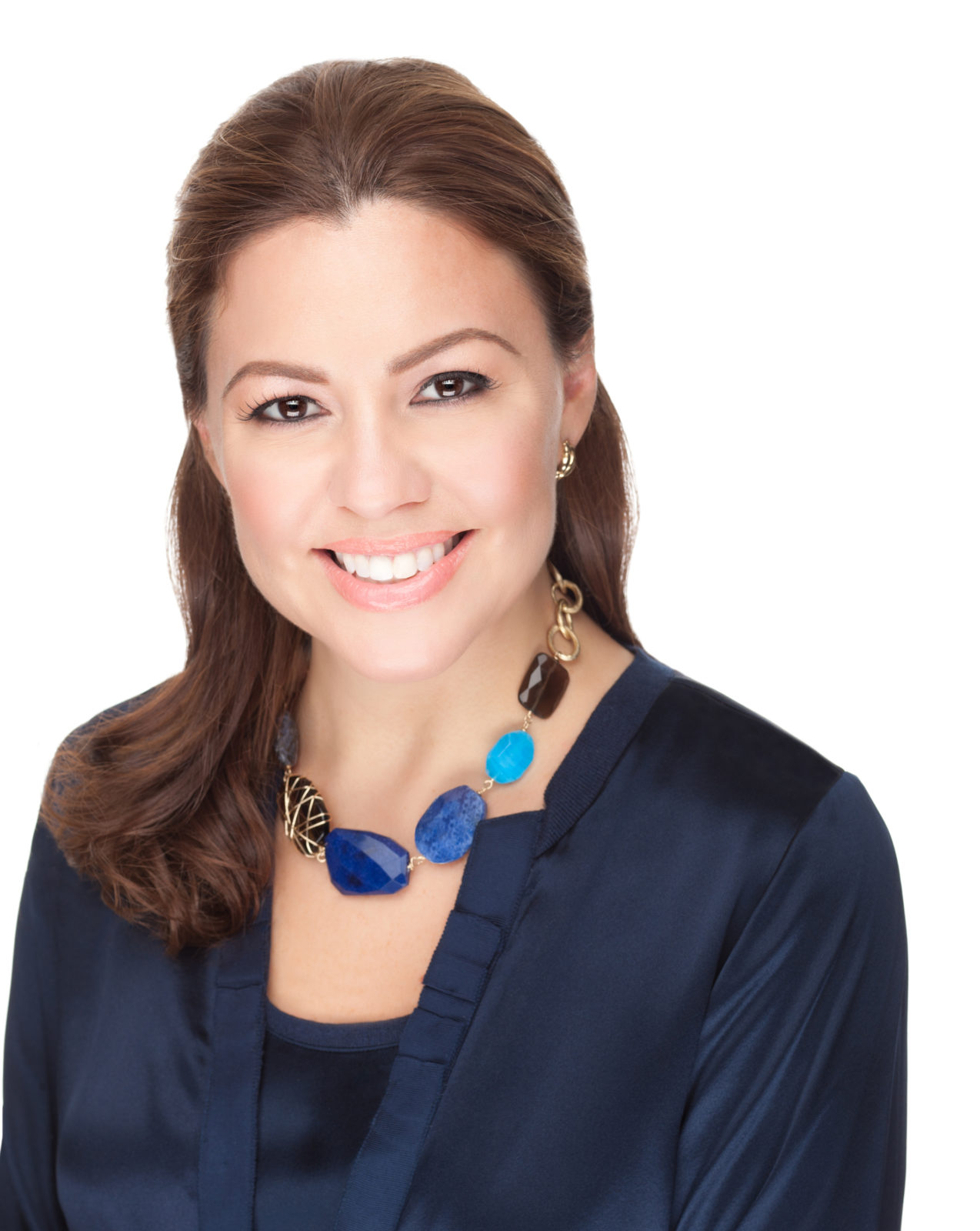
On some of the advertising challenges the brand has had to face (Monique Manso): I would say fear with the pandemic, with the social justice movement, going into an election; fear was the challenge in 2020 because many marketers really wanted to be there for this community, for the multicultural community at large, and Latinos in particular. However, they were afraid of what that messaging should look like so that it was sensitive to those issues and so that it didn’t seem tone-deaf to what was going on.
On how content is created for the magazine (Armando Correa): It’s really hard to understand because for everybody, People en Español is an entertainment magazine. And we are an entertainment magazine, but at the same time, and I remember talking to my bosses at Time Inc., People en Español is a business magazine and a Time magazine, Fortune, Money, InStyle, People; we’re the number one Hispanic magazine. And we need to be, at the same time, connected to the audience and with what’s happening in pour community and with what’s happening in the country.
On where they see the role of the print edition of People en Español compared to its digital footprint (Armando Correa): People en Español, you have to understand the brand is a whole. Print, digital, the website, social media and events; everything is related. Monique is selling the website, the events, social media and print at the same time. And I’m the editor for everything. Sometimes it’s hard to understand that our P&L, our concept, the whole brand has to be understood like that.
On anything they’d like to add (Monique Manso): Health and wellness is something that’s huge for us right now because there is such a void in the marketplace of trustworthy in-language content for this community. I don’t know if you followed the press when we launched our Point of Care products. Armando has a team that is editing People en Español that goes into the doctor’s offices, but as we got the feedback from our audience and the Point of Care team, we’ve since launched a Salud hub on People en Español.com and we’re focused on health with our contributors such as Dr. Juan Rivera. So, that’s big for us and we believe that we need to fill the void there, certainly around vaccine confidence moving forward.
On what makes them tick and click (Monique Manso): For me, it’s that social responsibility. It is constantly understanding where our community is being underserved and although Armando spoke so eloquently about the fact that we’re entertainment; how do we take this voice of entertainment and use our relationships and our access to celebrities to fill those needs. So feeling that responsibility deeply, then for me, is what makes me tick and click.
On what makes them tick and click (Armando Correa): Every time I wake up in the morning; I’m a news junkie. I’m reading the news and thinking that this will work for our brand. Or I need to deal with an exclusive, talking to a celebrity or PR with the managers, and then working with the whole team and seeing that this is going to work and looking at the numbers, because data for me is an addiction. That makes me tick and click.
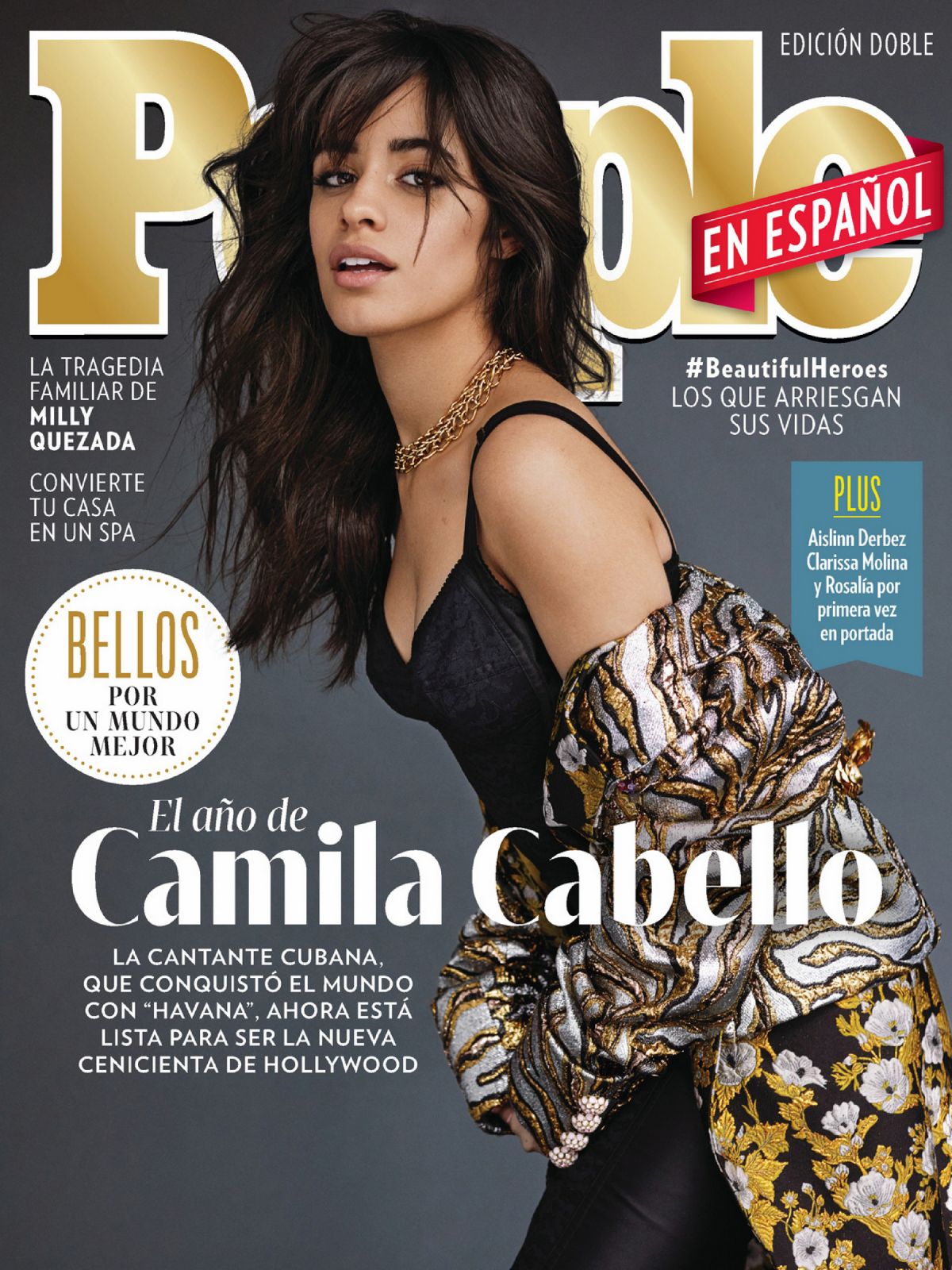
On how they unwind at the end of the day (Monique Manso): I’m a Scorpio and I need to be near water. And I’m very blessed; I live in Connecticut about a block from the Long Island Sound, so I walk down to the beach and I figuratively wash the day away with my wine in hand. And then it’s about spending time with my family and I do a lot of cooking.
On how they unwind at the end of the day (Armando Correa): We have a hectic life working with business and everything. We have a family, Monique has two boys and I have a boy and a girl and they’re teenagers. When I finish the day it’s crazy and then for me, I always say that I’m a reader who writes and edits. I need to have my time with my books. I’m a writer, but at the same time on the weekend this is my yoga. Some people go to the gym, or run, or do yoga, for me writing and reading is my meditation. And I need it.
On what keeps them up at night (Monique Manso): Speed keeps me up. Whether or not we’re moving fast enough is something that I really grapple with all the time. As I said earlier, there are so many things – health and wellness, there’s not enough content out there for this community for them to stay healthy and be ahead of the curve. There isn’t enough financial content in-language.
On what keeps them up at night (Armando Correa): What is next for People en Español. And for our 25th anniversary, I said let’s create 25 different covers. I think the future for People en Español is the integration, it’s the only way.
And now for the lightly edited Mr. Magazine™ interview with Monique Manso, publisher & Armando Correa, editor in chief, People en Español.
People en Español will soon celebrate a quarter century; it’s heading into its 24th year of publishing. What do you think is the secret that keeps People en Español thriving and continuing when so many other magazines have come and gone in the marketplace trying to reach the same audience?
Armando Correa: I think first of all it’s trust. Our audience knows that when they go to People en Español everything is true. Everything is confirmed. The next thing is the emotional connection that we have with our audience. That’s a key thing. And when I talk to the editors and the writers who have been with the magazine since the beginning, this is a long run that we are still here. We create great relationships with the celebrities and the audience.
Monique Manso: To add to that, I don’t know if you’ve looked at the social footprint of People en Español, but it is probably the largest at Meredith, if not one of the top two or three. And it was like that at Time Inc. too, so I truly believe that Armando’s audience and followers, as well as all the other editors, I feel like there’s a two-way dialogue between them and the editorial product. So aside from all the information they’re getting, they feel heard. And I think that’s really been one of the big factors in our success.
When we think about some of those that have not quite made it, and that saddens us in a very big way because we would like to see a really rich and robust slate of content providers, many of those at some point chose to do direct translations or to do English only for this community. And Armando has kept a balance between the product that his team produces for that cross-cultural, bilingual, millennial and Gen Z family member because we truly are a family product, and then the in-language content that he and his team produce.
Tell me about the journey you’ve had with diversity and inclusion with the People en Español brand.
Armando Correa: I remember when they decided to create People en Español as a monthly magazine with a full-time staff. I was working as a reporter then for the Miami Herald and a friend from The New York Times told me they were looking for a senior writer for People en Español. I flew to New York and had my interview with Angelo Figueroa, who was editor-in-chief at that time. And Angelo told me he was worried because I was accepting this job, moving to New York from Miami and selling my house, and he wasn’t sure the magazine would last five years. (Laughs) I told him that I was pretty sure that it would last more than five years.
At that moment they created People en Español and Teen People. Five years later, Teen People died and we’re still here. And as you know, People en Español was created when Selena, the singer who was killed, they created a special in People weekly. They did a translation for the West Coast and sold one million copies in one week and they saw they had an audience for it. There were Hispanics in the country who wanted this content.
Monique Manso: And it hasn’t always been easy to continue to reinforce with all of our management and our corporate groups in our previous life as Time Inc., it hasn’t always been easy to continue to educate them on the need for this in-language project and to explain to them what we call the “Browning” of America. And how we needed to be ahead of it and that this brand is one way to do that. It’s been an uphill battle for us.
But I can happily say, and I think Armando will agree with me, that so much of that has changed with our acquisition by Meredith. We now work with a team that truly does understand and walked through the door embracing multicultural brands. And now, by watching everything that has happened during the pandemic, with immigration reform, with Black Lives Matter, has understood the importance of diversity.
But I’m not going to lie, it has been an uphill battle. We’ve faced that from a brand perspective; from a workplace perspective, etc.
Armando Correa: But when People en Español was created, Time was acquired by Warner and became Time Warner. And then AOL acquired Time Warner. They never really knew what to do with People en Español. It then became independent and was a public company. And I remember we had a couple of meetings, Monique and I, and they were thinking that they needed to change People en Español for the English dominant Latinos. Then it was we have to shut down People en Español. And that was on a daily basis then.
But we were acquired by Meredith and we have their full support. Meredith understands that our community, our audience is important for the company.
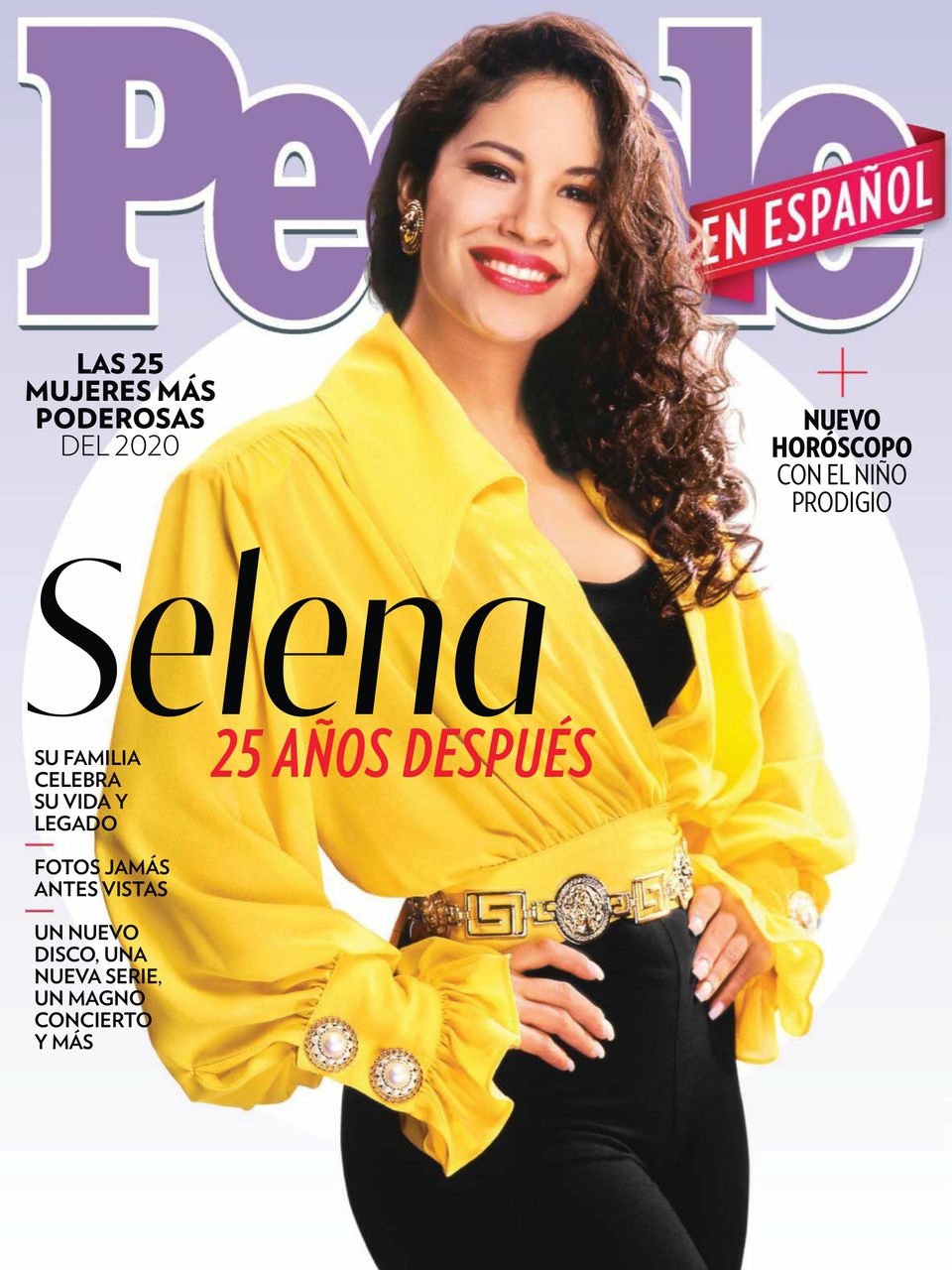
What are some of the challenges that you’re facing with advertising during Covid-19 and the social unrest that we’ve all seen this past year? And why are you still selling the magazine with a cover price of US$2.99 when the average cover price for a magazine these days is $5 and $6?
Monique Manso: I would say fear with the pandemic, with the social justice movement, going into an election; fear was the challenge in 2020 because many marketers really wanted to be there for this community, for the multicultural community at large, and Latinos in particular. However, they were afraid of what that messaging should look like so that it was sensitive to those issues and so that it didn’t seem tone-deaf to what was going on. So, I would say at the beginning that fear gripping everyone was how do we modulate our messaging so that it is sensitive to what is happening with the community.
The other business challenge right now is that we can’t seem to come out of triage mode, and the current events have certainly shown us that. Every day it’s triage and an emergency, so the way business would normally work for us would be there’s a chain of events, the world changes; we right-side ourselves in terms of content and offerings and everything to fit those needs of the new normal. But we can’t get out of an emergency. So, what is the new normal, fear yet again plays into that. But there are a lot of corporate partners that we have that are working tirelessly every day to make sure that we don’t lose sight of these underserved communities. And I’m hoping that they’re going to serve well for those that aren’t paying attention.
We’ve played around a lot with the cover price and if you were to look at, and I’ll just talk about Meredith and Time Inc., all of the brands in aggregate, you would see that there has been peaks and lows in pricing and it’s something that we continue to evaluate all of the time.
Armando Correa: And part of the DNA of People en Español is dealing with challenges. We’re dealing with the pandemic, and it’s another challenge for us, but it’s not the only one. Every year we have to deal with challenges. And having Monique as a publisher is a wonderful partnership. She’s a publisher, but she thinks like an editor all of the time. And we were talking about money and about the credibility of our stories. So, we think like a couple all of the time.
With all of the bad news we are bombarded with these days, do you feel that People en Español is comfort food for your readers? And how do you create that content?
Armando Correa: It’s really hard to understand because for everybody, People en Español is an entertainment magazine. And we are an entertainment magazine, but at the same time, and I remember talking to my bosses at Time Inc., People en Español is a business magazine and a Time magazine, Fortune, Money, InStyle, People; we’re the number one Hispanic magazine. And we need to be, at the same time, connected to the audience and with what’s happening in pour community and with what’s happening in the country.
And of course, we’re an entertainment magazine. But with everything that happened at the capitol, we need to cover that at the same time. It’s not the main issue for us, but it has to be present in our social media and in the magazine. And we bring the best of the celebrities to our audience, they don’t go to People en Español to see paparazzi pictures in the magazine. If you’re a fan of Jennifer Lopez, you want to see Jennifer Lopez at her best. Of course, at the same time if she’s getting married, this is part of her story, but you don’t want to see her in a bad position. Readers of People en Español want to see the best of her and the best of the community.
When we want to cover immigration or the border, they don’t want negative stories. We need to cover it, it’s part of it. We did a cover with a Dreamer in a positive way; we showed the best of our community. And they expected that from us.
Monique Manso: And I would just say that we are blessed with the ability to invest time, energy and resources into insights. And so we did very early on at the beginning of the pandemic, the first wave which then turned into 12 subsequent waves, because I believe we’ve done 13 overall, on COVID insights, specific to the Latino community.
We’ve done the same with our Hot Study year after year. We just released our new Hot Study, which is the Hispanic opinion tracker study of where is the Latino woman today. We did a piece on Afro-Latinas and the Black/Latino community at the height of the social justice movement in order to understand how Black Lives Matter was affecting the Black/Latino. We present all of those insights, not only to our marketing partners, but to the editors who tell stories from there.
So he and the team very early on started to roll out new editorial features like “Our Heroes” or “Hashtag Beautiful Heroes” celebrating those Latinos. And what he’s talking about is coming from the findings, which is there’s enough in the news, in the CNN’s of the world, the CBS’s, ABC’s, you name it, of people dragging themselves across borders, being killed trying to climb walls, being disproportionately affected as a Latino by the pandemic, unfortunately. So they see People en Español as a source of pride because People en Español shows the world the contributions and successes of Latinos and the dreams of Latinos. They take as much in that as we do as editors.
Where do you see the role of the print edition of People en Español compared to the digital footprint of the brand?
Armando Correa: People en Español, you have to understand the brand is a whole. Print, digital, the website, social media and events; everything is related.
Monique Manso: We’re the only fully integrated brand at Meredith. And we sell to the Hispanic audience across the entire company.
Armando Correa: And Monique is selling the website, the events, social media and print at the same time. And I’m the editor for everything. Sometimes it’s hard to understand that our P&L, our concept, the whole brand has to be understood like that. And everybody thought that print was going to die in a couple of years, but nobody kills it. We started with 120,000 copies and we grew and grew. We are a small team and we always want to keep it that way because we can keep control of our P&L.
Monique and I have weekly meetings with the business side of the brand. We love to control our P&L. And I think this is unique for the brand, because it’s a small brand. And for me, it’s important that everything is connected here. Print is important; the celebrities love to be on the cover of the magazine and they want to be on the website. But when you’re negotiating an exclusive, it’s print. And the loyalty – we have almost half a million subscribers every month.
Monique Manso: And it’s the print piece that makes them want to give that exclusive.
Of course, newsstands right now are hard and we’re struggling with that because many things are closed. But at the same time, we’re stable. Since March we have the same numbers, more or less, as selling at newsstands so subscribers are important for sure.
Monique Manso: And there’s a cultural relevancy to magazines and newspapers for Latinos. And because these are multigenerational households, that cultural relationship, that emotional relationship to print is passed down through the generations. And that’s why so much of our story is about readers per copy.
Armando Correa: And I remember when the crisis started and everybody was working from home in the middle of March and then we had an exclusive; I think it was the May issue – the Mother’s Day issue. We had a celebrity exclusive and I said to Monique we need to do this photoshoot in person and follow all the regulations. We need to talk to the company and make sure it is safe for the celebrity and there was a baby. We did it and it was like a celebration. I like doing Zoom, but in person is always better.
Monique Manso: We were the first ones I think to do a live shoot and it was in that celebrity’s home. Since then we’ve done multiple. All of our live event business had to move to virtual events and because of the trust and the relationship with our talent, we had talent actually allow us into their homes with a crew who had all been tested in advance and approved nine people to tape content to go live on our virtual events.
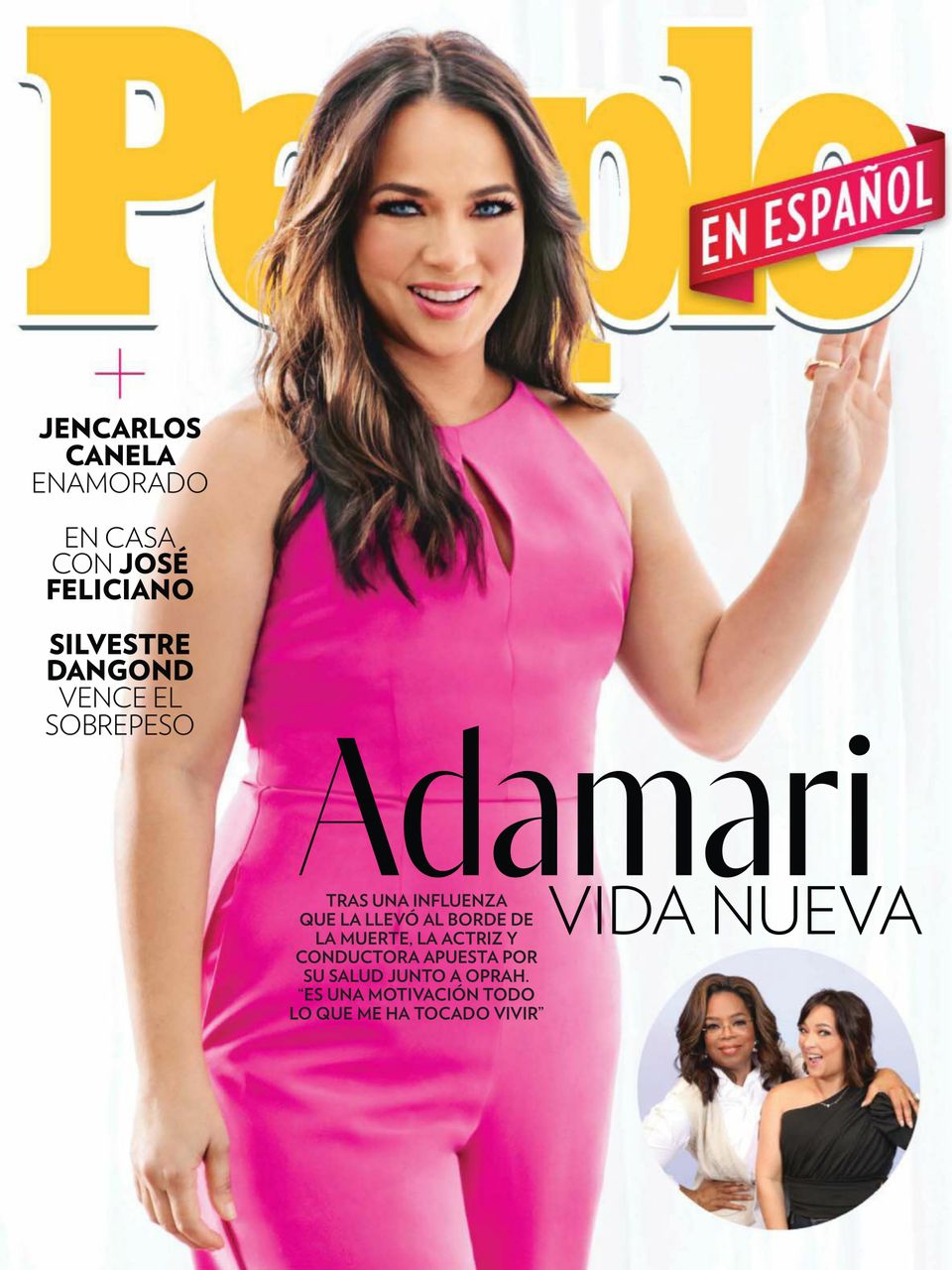
Is there anything either of you would like to add?
Monique Manso: Health and wellness is something that’s huge for us right now because there is such a void in the marketplace of trustworthy in-language content for this community. I don’t know if you followed the press when we launched our Point of Care products. Armando has a team that is editing People en Español that goes into the doctor’s offices, but as we got the feedback from our audience and the Point of Care team, we’ve since launched a Salud hub on People en Español.com and we’re focused on health with our contributors such as Dr. Juan Rivera. So, that’s big for us and we believe that we need to fill the void there, certainly around vaccine confidence moving forward.
That’s some of the tactical stuff in general. Filling voids is something that we feel incredibly responsible for. And so you’ll see us throughout the year, again, relying heavily on insights and research and our audience’s feedback on where they feel they’re not being served.
What makes you tick and click and motivates you to get out of bed in the morning?
Monique Manso: For me, it’s that social responsibility. It is constantly understanding where our community is being underserved and although Armando spoke so eloquently about the fact that we’re entertainment; how do we take this voice of entertainment and use our relationships and our access to celebrities to fill those needs. So feeling that responsibility deeply, then for me, is what makes me tick and click.
And also having that support now from Meredith. You can imagine as people of colour, and in my case a woman of colour, I probably have stories that could make the hair on the backs of people’s necks stand up and what I’ve faced in corporate America. But seeing that shift now at Meredith, that real attention to diversity and inclusion internally and externally of how we serve our followers, users and readers is a tremendous amount of motivation.
Armando Correa: Every time I wake up in the morning; I’m a news junkie. I’m reading the news and thinking that this will work for our brand. Or I need to deal with an exclusive, talking to a celebrity or PR with the managers, and then working with the whole team and seeing that this is going to work and looking at the numbers, because data for me is an addiction. That makes me tick and click.
How do you unwind at the end of the day?
Monique Manso: Armando is laughing because lots of wine is involved. (Laughs)
Monique Manso: I’m a Scorpio and I need to be near water. And I’m very blessed; I live in Connecticut about a block from the Long Island Sound, so I walk down to the beach and I figuratively wash the day away with my wine in hand. And then it’s about spending time with my family and I do a lot of cooking.
Armando Correa: We have a hectic life working with business and everything. We have a family, Monique has two boys and I have a boy and a girl and they’re teenagers. When I finish the day it’s crazy and then for me, I always say that I’m a reader who writes and edits. I need to have my time with my books. I’m a writer, but at the same time on the weekend this is my yoga. Some people go to the gym, or run, or do yoga, for me writing and reading is my meditation. And I need it.
My typical last question; what keeps you up at night?
Monique Manso: Speed keeps me up. Whether or not we’re moving fast enough is something that I really grapple with all the time. As I said earlier, there are so many things – health and wellness, there’s not enough content out there for this community for them to stay healthy and be ahead of the curve. There isn’t enough financial content in-language.
Speed in that area and then speed on the diversity and inclusion side internally. I love the support we have from Meredith, so I feel personally responsible. I sit on the D&I committee at Meredith and I think it’s really important that we continue to support our diverse talent and show the world that talent grows within the organization as well as attracting new talent.
Armando Correa: What is next for People en Español. And for our 25th anniversary, I said let’s create 25 different covers. I think the future for People en Español is the integration, it’s the only way. And I hope the company sees that because the audience understands that. We are so strong in social media and I respond to all the emails that people send to me. We have an open dialogue. And I hope this year is better and we’re live again, because what I need to do immediately is my cover photoshoots. I need to be there to connect with the celebrities. I need that kind of energy. But if we have to do it online, we’re going to do it online.
Thank you both.
This interview was originally published in the Mr. MagazineTM blog.

